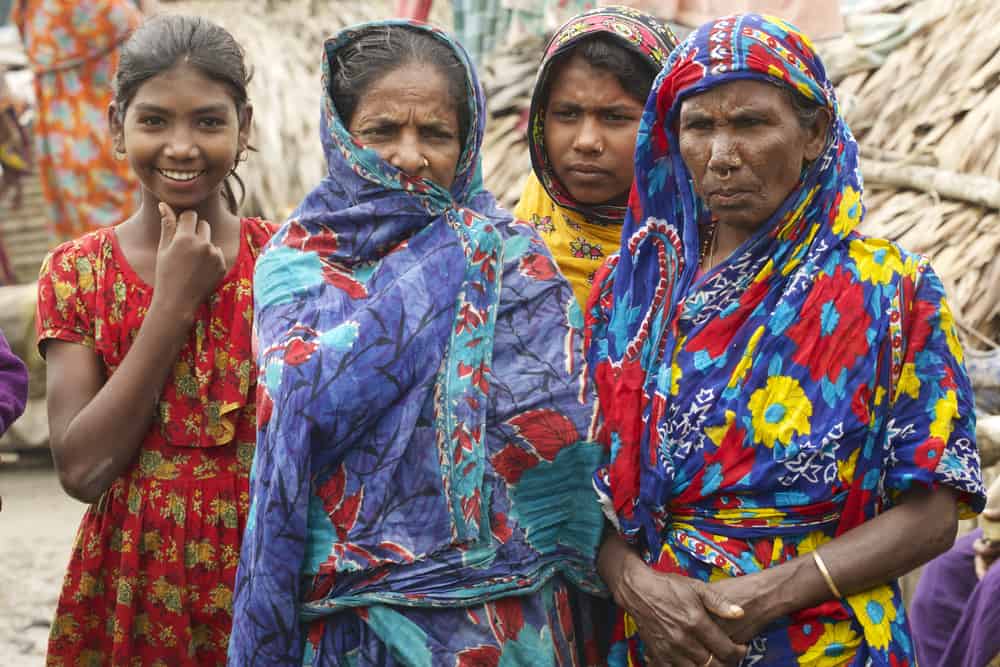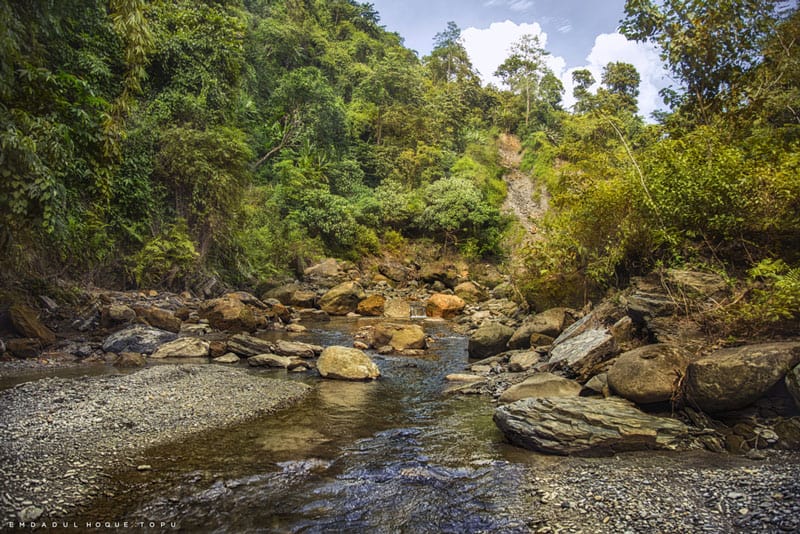
As global warming dries up water supplies in their area, indigenous tribesmen are being pushed out of their villages.
In the Chittagong Hill Tracts in southeast Bangladesh, global warming has dried up water sources. As a result, thousands of indigenous tribal people have been forced out of their traditional settlements.
Bangladesh’s climate change is a crucial concern. The country is one of the most vulnerable to the consequences of climate change. It ranked seventh in the list of countries most impacted by climate calamities during the period 1999-2018 in the 2020 edition of Germanwatch’s Climate Risk. The vulnerability of Bangladesh to the impacts of climate change is due to a combination of geographical factors, such as its flat, poor, and delta-exposed topography[4], and socio-economic factors, including its high population density, poverty levels, and agricultural dependence .
The water sources and forests where the hill tribal people typically build their settlements remain dry, even in the monsoon winds, according to recent studies. People shift to collecting fruits from the forest to sell them in order to earn a leaving due to the extreme absence of agricultural cultivation.

Environmentalists warn that the Hill Tracts regions are at risk of losing their water sources, which cover 10 percent of Bangladesh’s land areas.
